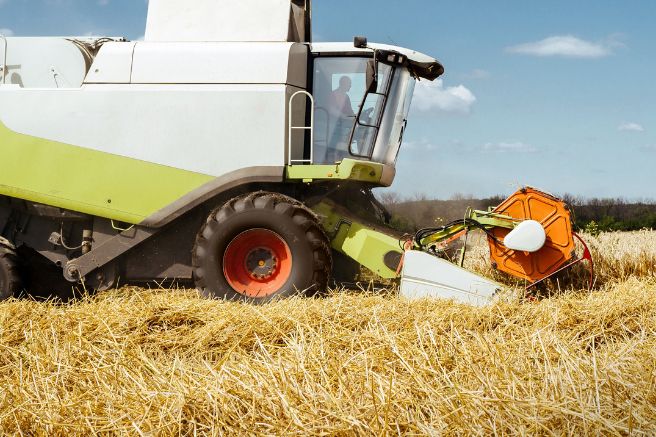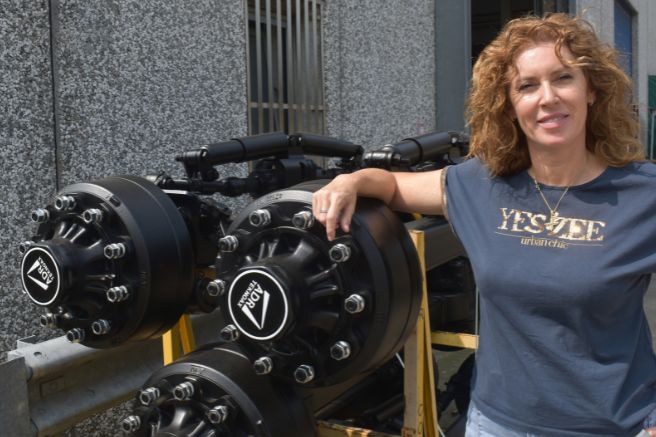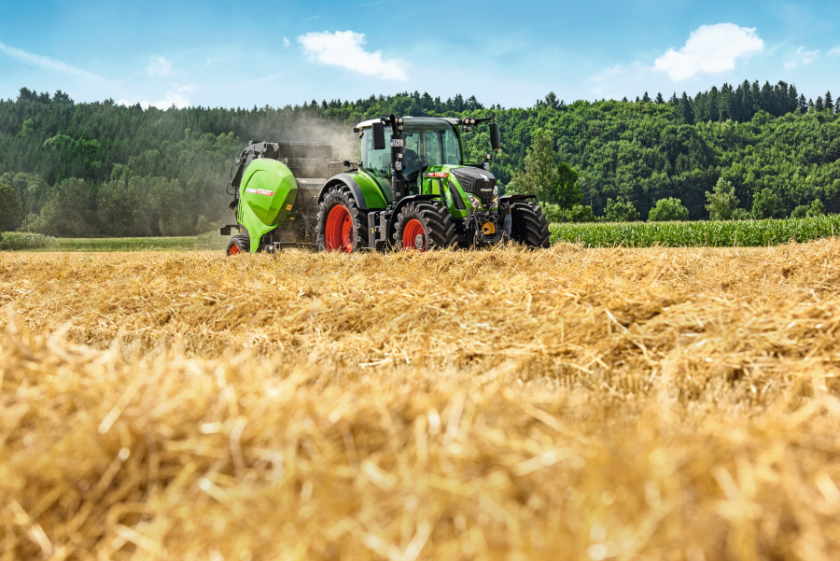
First in average performance and first in fuel efficiency. But also first in comfort level and ease of management. The tests conducted by the German agricultural machinery testing and analysis organization “Dlg” on new market entries have left no doubts in the case of the Fendt “728 Vario Gen7”.
A demonstration of balance
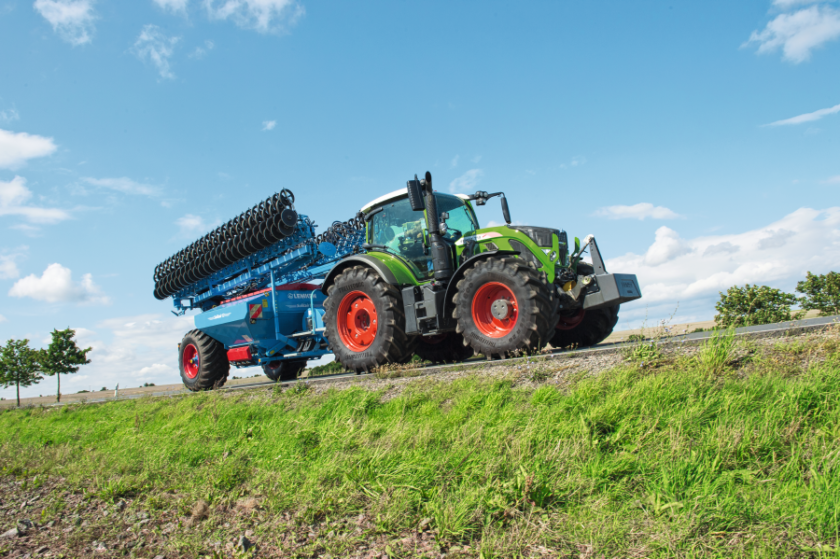
The German tractor excelled in almost all test areas, indicating an operational balance that few other tractors can match. It should be noted that the Dlg tests are the most rigorous a tractor can face. They last for months and push the machines to operate in real conditions, often under high load conditions.
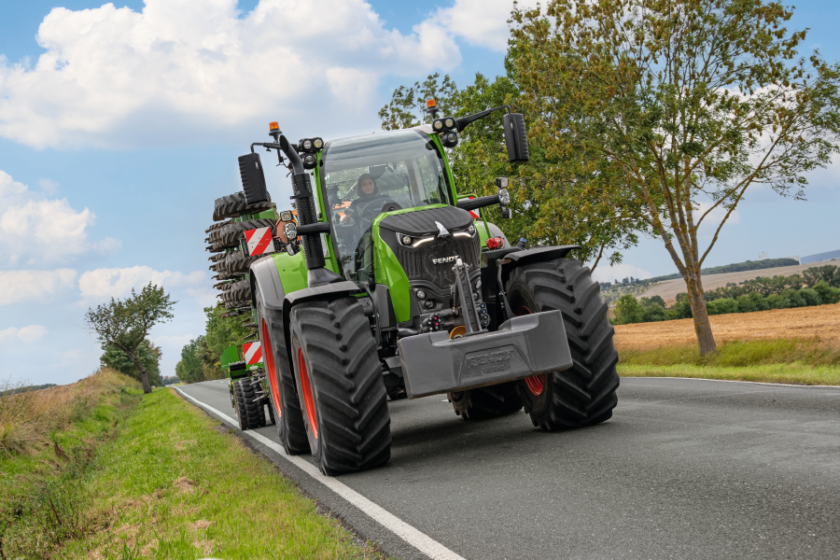
The new Fendt “728 Vario Gen7” never showed any weaknesses, and while its performance was expected, the surprises came in terms of fuel consumption, consistently the lowest among machines with power ranges between 241 and 305 horsepower. This was regardless of whether the tractor was working in the field, on the farm, or on the road, with the latter showing consumption at 60 kilometers per hour lower than that of the most direct competitors at 40 kilometers per hour.
Fendt “728 Vario Gen7”: Mechanical and mechatronic advantages
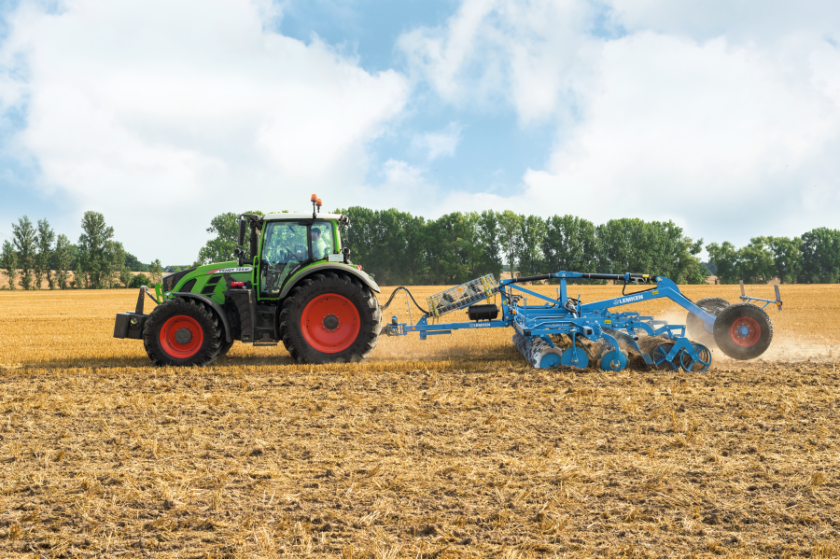
Two elements underlie such performance: the exclusive Fendt powertrain and the “VarioGrip” tire pressure regulation system. The first is based on the combination of the new AgcoPower “Core 75” engines with a seven-and-a-half-liter displacement and the continuous “VarioDrive” transmission, specifically operating in conjunction with the “Fendt Torque Distribution” system, which controls axle slippage in real-time, adjusting each axle’s traction accordingly. It is not a mechanical all-wheel drive but an intelligent, always-engaged system that indirectly recognizes the different soil configurations the tractor operates on, reacting accordingly to ensure the performance expected by the operator with minimal diesel and urea consumption. The “VarioGrip” system also aims to adjust the tire inflation pressure to their instant operating conditions. In the field, where minimizing ground pressure from the working unit is crucial, the system deflates the tires to maximize their footprint, while on the road, the system increases pressure to reduce rolling energy absorption. All this without operator intervention beyond the initial input, allowing them to focus solely on the task if necessary.
Fendt “728 Vario Gen7”, maximum levels of automation
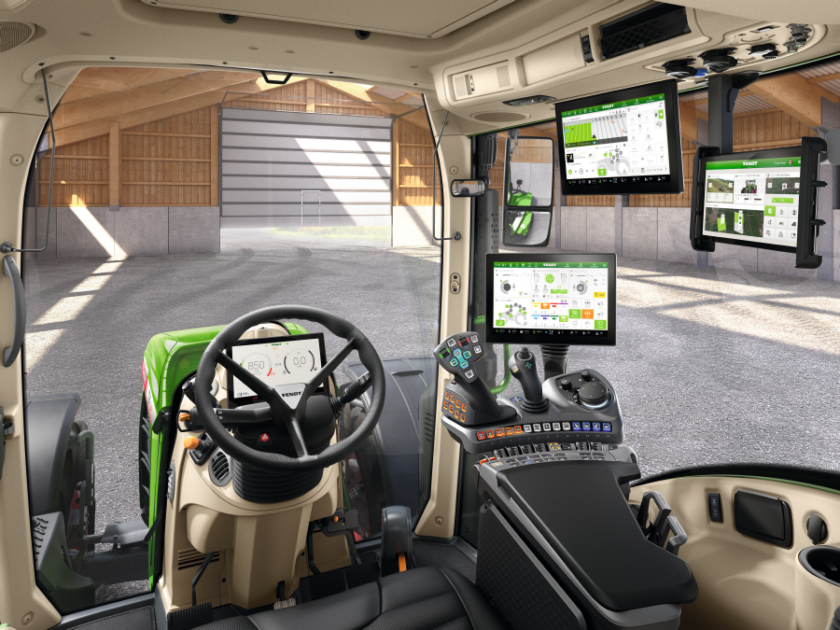
On the Fendt “728 Vario Gen 7”, automation has indeed reached its highest levels, enabling even trainees to use the machine effectively, guided by onboard programming and remote controls from the technical center. Regarding the management costs recorded by Dlg and published in the magazine “Profi”, the Fendt “728 Vario Gen 7” showed a real consumption of 244 grams of diesel per kilowatt/hour on the road at 40 kilometers per hour, twenty percent less than the category average. Consumption increases slightly to 248 grams of diesel per kilowatt/hour when traveling at 60 kilometers per hour with the engine idling at 1450 RPM, one of the options made possible by the “Vario” transmission.
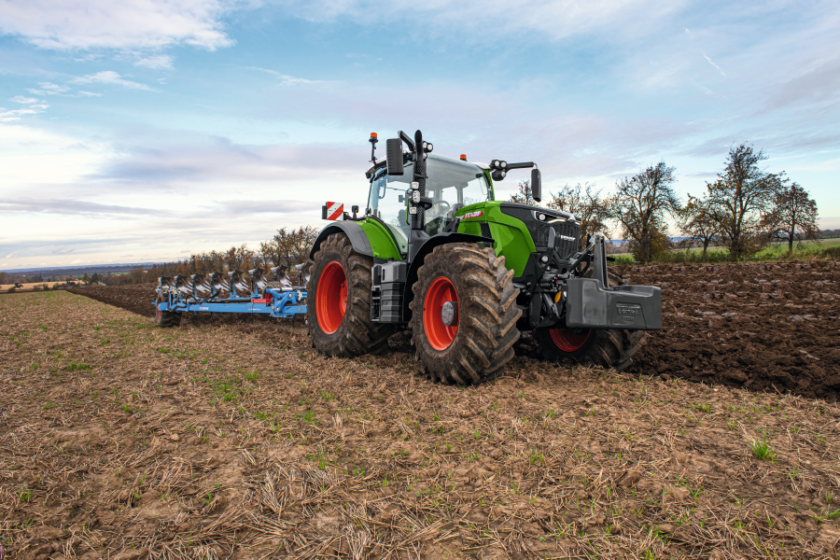
In the field, consumption varied between a minimum of about four liters per hectare and a maximum of nine, depending on the task, with an average “powermix” consumption of about 178 grams of diesel per kilowatt/hour, to which about eight percent urea must be added. These results concretely demonstrate how technology can make agricultural practices more sustainable while also helping to reduce production costs, actively contributing to farm profitability.
Dynamic Performance
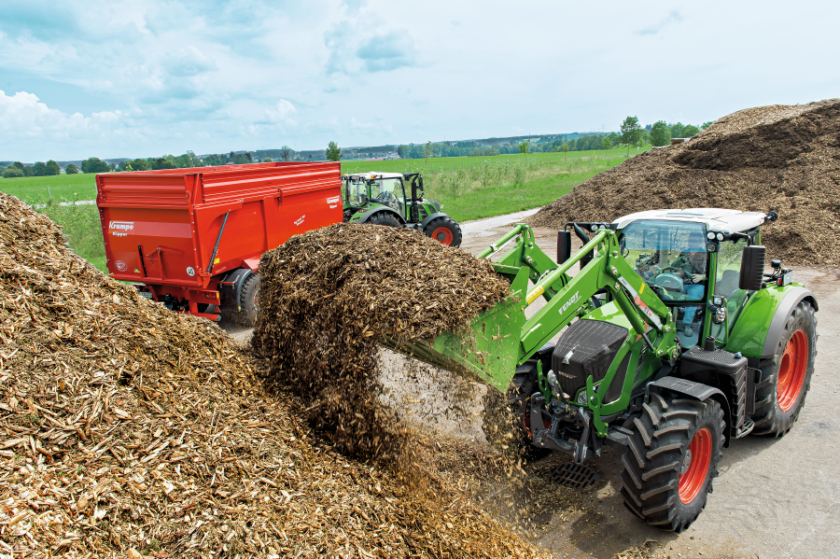
In the title, the name of the Agco Power system, which, if present, allows the new “Core 75” engines to always operate under optimized power conditions. Output is controlled, and if necessary, supported by a fuel mapping that provides power boosts only when the tractor is engaged with the PTO, hydraulics, or heavy towing, but also when an auxiliary load is activated, such as the cooling fan or air conditioner compressor. Additionally, the mapping favors low-RPM operations, a goal also supported by the continuous “Vario” transmission, which has always allowed simultaneous optimization of load, RPM, and forward speed.
Title: Fendt “728 Vario Gen7”, results like a king
Translation with ChatGPT





